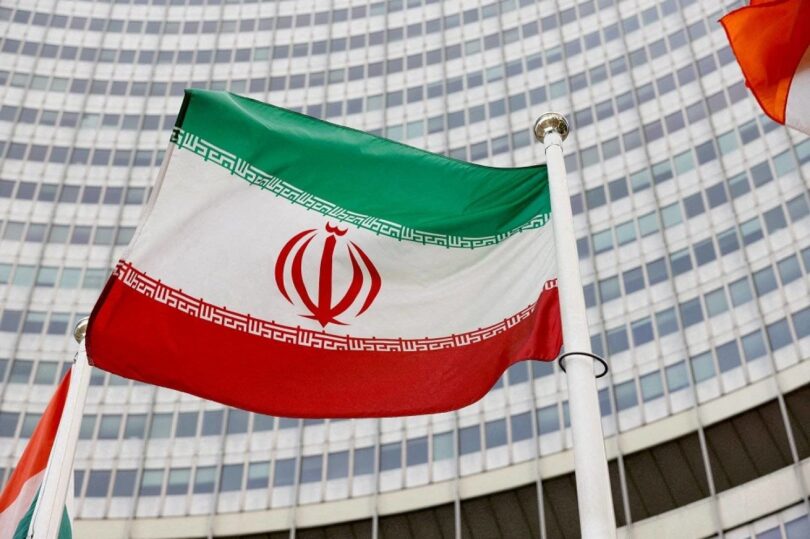A court in Tehran has ordered the US government to pay $330 million in damages for planning a coup against the newly established Islamic republic in the country over four decades ago. A year after the 1979 Islamic revolution that toppled the US-backed Shah, a group of mostly army officers tried to overthrow the newly installed cleric led government. Several people were killed in clashes between the coup plotters and government forces, and scores of others were arrested. According to the reports, the relatives of those killed in the coup filed a legal petition with Iran’s International Court last year and demanded compensation for the damages that occurred due to foreign sponsored coup that not only cost hundreds of precious lives but caused significant material losses to the country.
Historically, the Islamic Republic of Iran had gone through utmost challenging situations after the Imam Kheminei led revolution ousted the century long Monarch of Reza Shah Pahlavi in 1979. Shah was a close confederate of the United States and Iran had been the strong Blockhouse of America and its notorious CIA in the entire West Asia region under the rule of Reza Shah Pahlavi. The CIA had launched multiple operations to reinstate the Reza Shah government but met strong reaction from the hardliner cleric rule, while the US Embassy hostage crisis was the peak of US-Iran tension in recent decades. Later, the Iranian nuclear and missile programs and Iran’s resurgence against Israel had been a major source of contention between Washington and Tehran throughout the post Islamic revolution in Iran.
Interestingly, the Iranian nation had demonstrated utmost courage in the face of continuous aggression and coercion at diplomatic level including global trade and economic sanctions by the west under the UN umbrella. The International Atomic Energy Agency (IAEA) and club of five persistently, who act as American vanguards had remained engaged with Tehran over the past years but the Iranian nation did not give in to all persuasion and harassment throughout this time. The Iranian leadership has tactfully handled its adversary at all levels and also challenged American unilateral actions at the global level including the International Court of Justice (ICJ) to get release of Iranian assets held by the US. The recent verdict of the Iranian court might have no legal implications for Washington but it demonstrates the national resilience and autonomy of the Iranian nation, which had always been a main element of Iran’s foreign policy throughout history.







